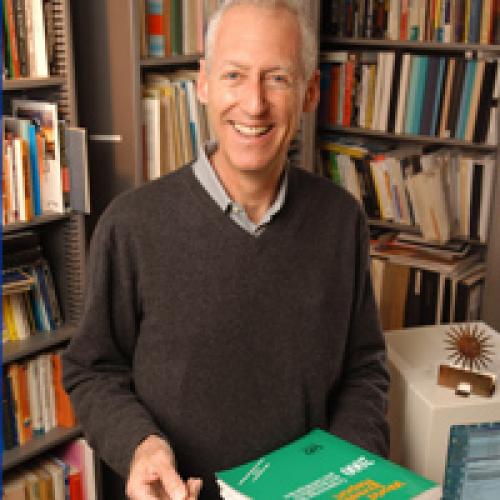In his article titled, "Masters of the Internet," published by Le Monde Dipliomatique, GSLIS Professor Dan Schiller provides an in-depth look at the controversy over global Internet governance, which was raised at the World Conference on International Telecommunications in December 2012. "In the wake of continuing revelations by Edward Snowden, the issues attaching to global Internet governance have become even more pressing, and there is some evidence that highly placed political figures may be poised to enter the debate," Schiller said.
"The US calls loudly for ‘Internet freedom’, but it is Google, Facebook, Microsoft, Apple and Amazon that have built up the dotcom services used by people all over the world. Is that now about to change?
The December 2012 World Conference on International Telecommunications (WCIT) in Dubai produced a major controversy: should ITU members vest the agency with oversight responsibilities for the Internet, responsibilities comparable to those it has exercised for decades for other forms of international communication?
The geopolitics of the Internet broke open during the first half of December at an international conference in Dubai convened by the International Telecommunication Union (ITU), a UN affiliate agency with 193 national members. At these meetings, states (thronged by corporate advisors) forge agreements to enable international communications via cables and satellites. These gatherings, however boring and bureaucratic, are crucial because of the enormous importance of networks in the operation of the transnational political economy."
Schiller is a historian of information and communications. An author of half a dozen books and many research articles, he has written extensively on the development and current structure of digital capitalism—the system of market relationships that is predicated increasingly on networks. His current research focuses on the role of information and communications in today's financial/economic crisis and on the history of US telecommunications infrastructures.
Excerpt provided with permission of Le Monde Dipliomatique
